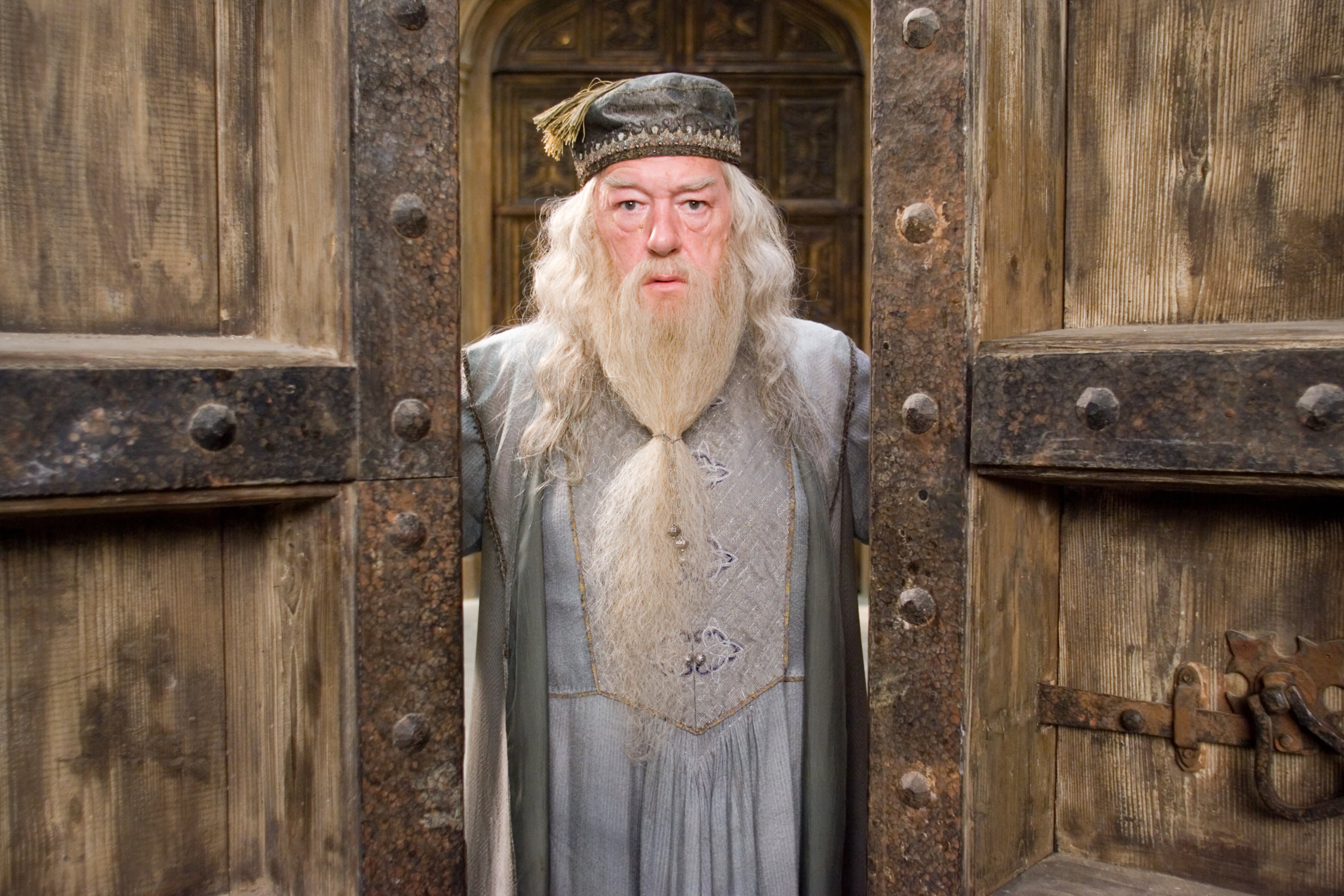When your control looses control


In his book, The Way of the (Modern) World: or, Why It’s Tempting to Live as If God Doesn’t Exist, Craig Gay observes that one of the major preoccupations that define modern culture is the quest for control.
“The desire to maintain autonomous control over reality by rational-technical means is particularly central to the modern world.…[A] modern society is one in which the prevailing conception of the human task in the world is that of mastery by way of systematic manipulation.”

Francis Bacon’s assertion that knowledge is power may well serve as a slogan for modern culture.To be modern is to believe that we can bring nature and history under our dominion. Systems of all kinds — political, economic, technical, educational, even spiritual — have been designed by modern men and women to extend and ensure that control.
Of course, the desire to run the cosmos is nothing new. One of the irrational symptoms of human sinfulness from the very beginning is the belief that we mortals are more reliable in running the cosmos than God is. This attitude is not distinctively modern, but only the modern West has so thoroughly institutionalized this wicked presumption.

C.S. Lewis has this quest for control in mind in a key passage in The Abolition of Man when he compares the rise of modern science and technology to the practice of magic in the high Renaissance.
“For the wise men of old,” Lewis wrote, “the cardinal problem had been how to conform the soul to reality, and the solution had been knowledge, self-discipline, and virtue. For magic and applied science alike the problem is how to subdue reality to the wishes of men.”
The celebration of the possibility of human control is one of the features of Renaissance humanists. As Lewis pointed out, before the rise of modern science, the power to control nature so as to fulfil human desires was sought through the disciplines of magic, specifically astrology, numerology, and alchemy.

We forget that Johannes Kepler was not only a brilliant mathematician and astronomer but also a court astrologer who believed that the movements of the planets had profound effects on human life. We still have about eight hundred horoscopes that Kepler drew up for his patrons.

Isaac Newton had as much in common with Albus Dumbledore as with Stephen Hawking, is deeply committed to the pursuit of various alchemical and occultic research.

Lewis compared Francis Bacon — the godfather of modern science — with the figure of Faustus in Christopher Marlowe’s play about temptation and ambition (The Tragical History of Doctor Faustus).
“You will read in some critics that Faustus has a thirst for knowledge. In reality, he hardly mentions it. It is not the truth he wants from his devils, but gold and guns and girls. ‘All things that move between the quiet poles shall be at his command’ and ‘a sound magician is a mighty god.’”
Knowledge is power, indeed.
By the eighteenth century, Western thinkers were more and more confident about the possibility of human reasoning and experimentation to control nature.

Nature was understood as a mechanism following observable laws, and it was no longer seen as the site for God’s purposive activity. As Lesslie Newbigin has summarized,
“Medieval thought saw divine purpose manifest everywhere in the world of nature. The revelation of that purpose had been given in those events confessed in the church’s creed, and thus all study of nature had its place within the framework that the creed articulated.… The effect of the work of the new scientists…was to replace this explanatory framework with another. The real world disclosed by the work of science was one governed not by purpose but by natural laws of cause and effect.”
This view of the cosmos makes God an unnecessary hypothesis, which is convenient for those who are eager to replace His providential care for creation with their own systems.
For more than five hundred years, Western culture has been shaped by the dream of achieving control of an allegedly purposeless nature.
But many contemporary thinkers believe that such confidence is waning. Secularized science displaced God in the hopes of achieving human control over all things.
But what happens when those scientific systems (including scientific approaches to economic well-being) fail to achieve the levels of control we expect?
Some of our unbelieving contemporaries are beginning to realize that the modern project of comprehensive control may not be possible.
Such a realization may drive them to despair, but only because they continue to assume that, if we aren’t in control in this chaotic cosmos, then everything is pointless and doomed. But creation is not meaningless, and we are not called to complete control.
As Paul reminds us at the end of Romans 11, there is a purpose being worked out in creation and in history, a purpose that we are not able to comprehend fully. We should be grateful that many people have a dawning sense of losing control; it may be the first step toward personal and cultural repentance.

